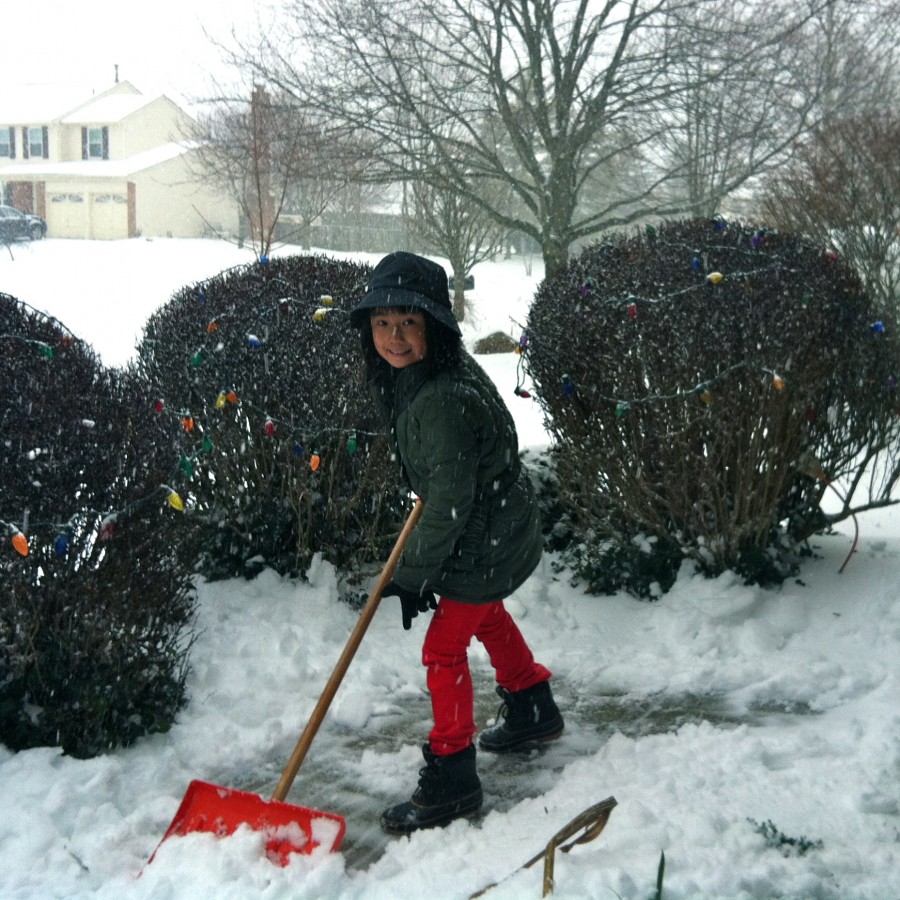Imagine believing that one of the most basic of bodily functions is bad, to the point of automatically trying to suppress the response anytime circumstances elicit it. From early childhood, it was ingrained in me that crying was bad, a sign of weakness, and therefore something to be avoided at all costs.
I recall countless times throughout my life, from the time I was a little girl through adolescence and then college and onto my foray into the corporate world, the memorable feeling of tears burning at the corners of my eyes and fighting like crazy to hold them back. Most times I succeeded, but the times the dam broke loose and I cried in front of others, I felt such shame and inadequacy.
WTF? Why should any human being feel shame and inadequacy for feeling, for having consciousness of heart and the innate need to express those feelings?
As a recovered former non-crier, now when the need surfaces, I breathe deeply and allow whatever may come.
It’s simply unnatural – and unhealthy – to stuff our emotions back down and pretend they don’t exist.
It took most of my life before I recognized the source of my ill-placed belief about crying. From the time I was around four, my father had taught me, “good girls don’t cry.” I often found myself surrounded by a sea of what seemed like giant adults in the dining room of our restaurant, petrified and wanting nothing but the comfort of my mother. Instead, I was told to sit silently in my little red plastic chair behind the checkout counter with my grandmother and smile “like a big girl.”
I had a flashback to that little red chair a short time ago while accompanying my mother to Grandparents’ Day at my ten-year-old niece’s school (that’s Grace above, helping unearth the driveway at Grandma’s house during a snowstorm).
After the welcome program, beaming grandparents and relatives were invited to the girls’ classrooms to meet teachers and learn about their studies and school activities.
In Grace’s room, her teacher made some opening remarks about uncertainty for how the year was going to go when she’d apparently stepped in to replace the class’s original teacher shortly after the school year had begun.
Curious, I asked Grace what had happened to her first teacher. Grace turned away from me and pretended to look at some paintings on the wall, triggering my red flags with her hallmark behavior for avoiding uncomfortable conversations.
With her back to me, Grace mumbled something about the first teacher having gotten sick. I knelt to be at eye level with my niece and gently turned her small frame around to face me. Grace’s face was beet red as she fought back tears, instantly mirroring the younger, petrified me sitting sullenly in that little red plastic chair all those years ago.
I reassured Grace that not only was it okay to cry, but she needed to let herself feel and voice whatever was coming up. Already ten going on twenty, she defiantly interrupted and tried to reassure me, “I know, I know!” and then started for the bathroom.
My heart trembled. This wasn’t the first time I’d witnessed this stoic little girl already of the firm belief that she must “be a big girl” and not allow her feelings to show. It also wasn’t the first conversation in which I’d tried to encourage her to honor her feelings.
A cloud of silence hung over the remainder of the afternoon. Grace clearly had been affected by what turned out to be her first teacher’s cancer diagnosis that had caused her to become too ill to teach. Grace also was clear in her refusal to talk about her feelings around the situation.
My heart screamed to know the right thing to say or do to appeal to Grace, to help her recognize what I wished someone would have explained to me when I was that scared little girl.
Our feelings are an essential part of who we are, and we owe it to our children to teach them to recognize and honor all of their feelings in healthy, productive ways.
Good girls – and boys – do cry. Only then can they know that it’s normal and safe to be authentic in their full self-expression in the world.




